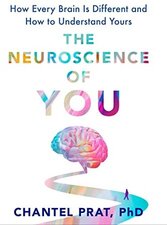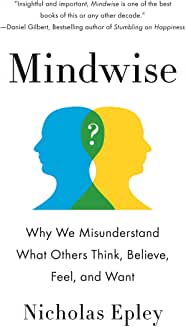The Neuroscience of You and good decisions

How we understand other brains

Good team functioning
In the final chapter of her book, Prat talks about a broad-based experiment that created teams, set them tasks to do, and then analyzed the qualities that made some more successful than others. The most successful teams had three characteristics:
- They had a higher proportion of people who did well at the “Eyes Test,” which measures how well you can determine what a person is feeling from their eyes. (You can take the test here.)
- People took turns to speak during discussion in an even-handed way.
- There were more women on the teams.
I’m fascinated by the “Eyes Test” myself. I have long been interested in how we gauge what others are feeling from their faces. In fact, I took Paul Ekman’s online course, which improved my ability. (If you’re interested, Dr. Ekman offers training at www.paulekman.com.)
Role of emotion at meetings
This resonates with me because of my conviction that EMOTION is a more important aspect of successful meetings than PROCEDURE. Leaders have to be tuned in to their emotions, and others, if they are to run good meetings. If you fluff a matter of procedure, you can fix it. But if you lose your group emotionally, that’s it. If people feel that you are being arbitrary, for instance, and trying to impose your will on the group, they will tune out and perhaps drop out. (Note that I am not advocating here for Oprah-style full disclosure of your feelings. It is a matter of inner awareness.)
Equal chance to speak
The findings also resonate with me because we in Jurassic Parliament are deeply committed to the principle that everyone must have an equal chance to speak. As readers know, we count this as one of our four fundamental guidelines:
No one may speak a second time until everyone who wishes to do so has spoken once.
It’s so easy to say, and yet difficult to put into practice! We are used to the everyday jostling of conversation, where people interrupt each other, speak out of turn, and often allow dominant people to dominate the meeting.
So if you want to cultivate better decisions by your group, consider increasing your own emotional awareness, and be sure to give everyone an equal chance to participate. You’ll be glad you did!

